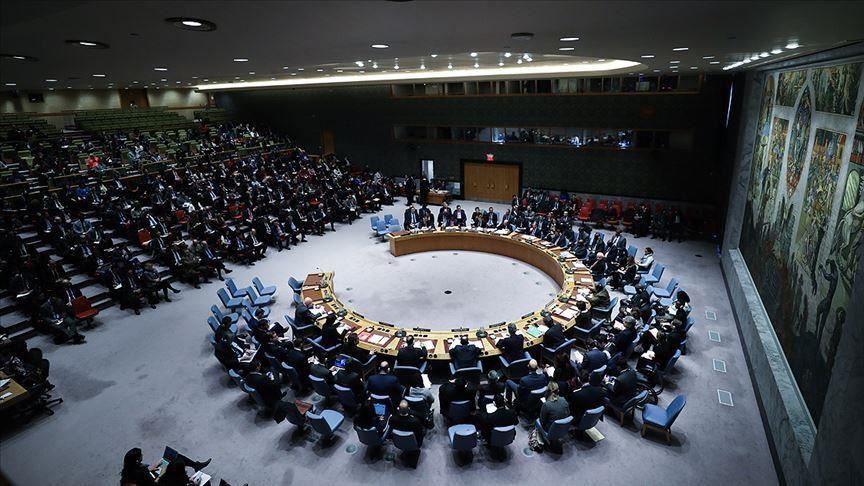Syllabus
GS 2: Bilateral, regional and global groupings and agreements involving India and/or affecting India’s interests.
Context:
Recently, the United Nations General Assembly elected five countries to the 15-member United Nations Security Council (UNSC) for two-year terms (2026-2027).
More on the News
- Bahrain, Colombia, the Democratic Republic of the Congo, Latvia and Liberia were elected to serve as non-permanent members of the UN Security Council.
- Their two-year term will begin in January 2026 and run through December 2027.
- These countries will replace Algeria, Guyana, the Republic of Korea, Sierra Leone and Slovenia, whose terms expire in December 2025.
- This is the first ever term of Latvia on the United Nations Security Council.
- The newly elected members will join the five non-permanent members elected in 2024:
- Denmark, Greece, Pakistan, Panama and Somalia (serving until the end of 2026).
Vote Tally and Participation
- 188 UN Member States participated in the election, which was completed in one round of balloting.

United Nations Security Council
- The UN Security Council, established by the UN Charter, is a primary body responsible for maintaining international peace and security.
- The Security Council held its first session on 17 January 1946 at Church House, Westminster, London.
- Since its first meeting, the Security Council has taken permanent residence at the United Nations Headquarters in New York City.
- Under the United Nations Charter, the functions and powers of the Security Council are:
- to maintain international peace and security in accordance with the principles and purposes of the United Nations.
- to investigate any dispute or situation which might lead to international friction.
- to recommend methods of adjusting such disputes or the terms of settlement.
- to formulate plans for the establishment of a system to regulate armaments.
- to determine the existence of a threat to the peace or act of aggression and to recommend what action should be taken.
- to call on Members to apply economic sanctions and other measures not involving the use of force to prevent or stop aggression.
- to take military action against an aggressor.
- to recommend the admission of new Members.
- to exercise the trusteeship functions of the United Nations in “strategic areas”;
- to recommend to the General Assembly the appointment of the Secretary-General and, together with the Assembly, to elect the Judges of the International Court of Justice.
UNSC Composition
- The UN Security Council has 15 members:
- 5 permanent members with veto power: China, France, Russia, the United Kingdom and the United States.
- 10 non-permanent members elected for two-year terms by the UN General Assembly.
- For non-permanent members, Elections are held annually by secret ballot, requiring a two-thirds majority (128 out of 193 votes) for each successful candidate.
- Seats are allocated by regional groups to ensure fair geographic representation.
- The permanent members have the power to veto any substantive Security Council resolution.
UPSC Mains Practice Question Q. What is the significance of the election of non-permanent members to the United Nations Security Council? Explain the regional representation system and voting process involved in such elections.

